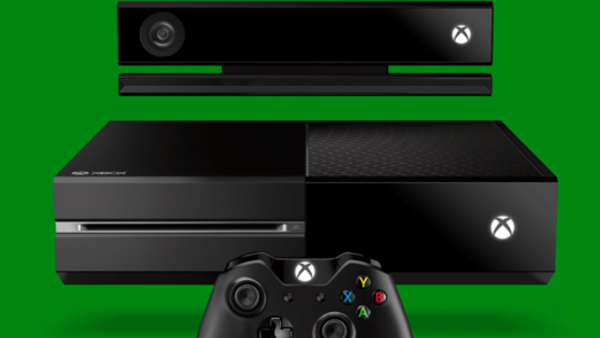The Dark Age Of Xbox (2010-2015)
The Xbox One In Review

All told, what happened to Microsoft in the eighth generation was a squandering of much of the goodwill they had built up. When they veered so far from the audience that made them successful in the first place, it dragged both the Xbox and their reputation through the mud. In the latter half of the 2010s, Microsoft knew they would never catch the competition and instead focused on iteration; the release of the Xbox One X integrated 4K visuals, but without any big games to take advantage of them, this upgrade once again rang hollow.
For the last decade, they've been lagging behind, unable to push the gaming experience forward beyond upping the fidelity a bit. More to the point, it feels like they don't have much of an identity in the gaming scene anymore. Nintendo is known for creating games that are always fun to play while Sony specialises in the cinematic, story driven productions. Xbox was once known for its hardcore, adult-oriented offerings which has since shifted to pure hardware power. Nowadays, having the best graphics and processing power on console is no longer enough, especially when PCs continues to push forward unbound from system cycles.
While many positive steps have been made in the last five years, Microsoft's place in the industry continues to change. They have now moved away from the console exclusive scene entirely and have integrated closely with the PC platform. Year after year, they showcase new games, but not one of them is coming solely to Xbox itself. Providing value is a worthy endeavour, but what does it mean for the brand itself? The answer will lie in how well the recently released Xbox Series X performs. The decline of Xbox has been a sorry story, but they do have the resources and know-how to bounce back.
There's one more console gaming giant to go and that's Nintendo's struggle with the Wii U. Stay tuned next week...